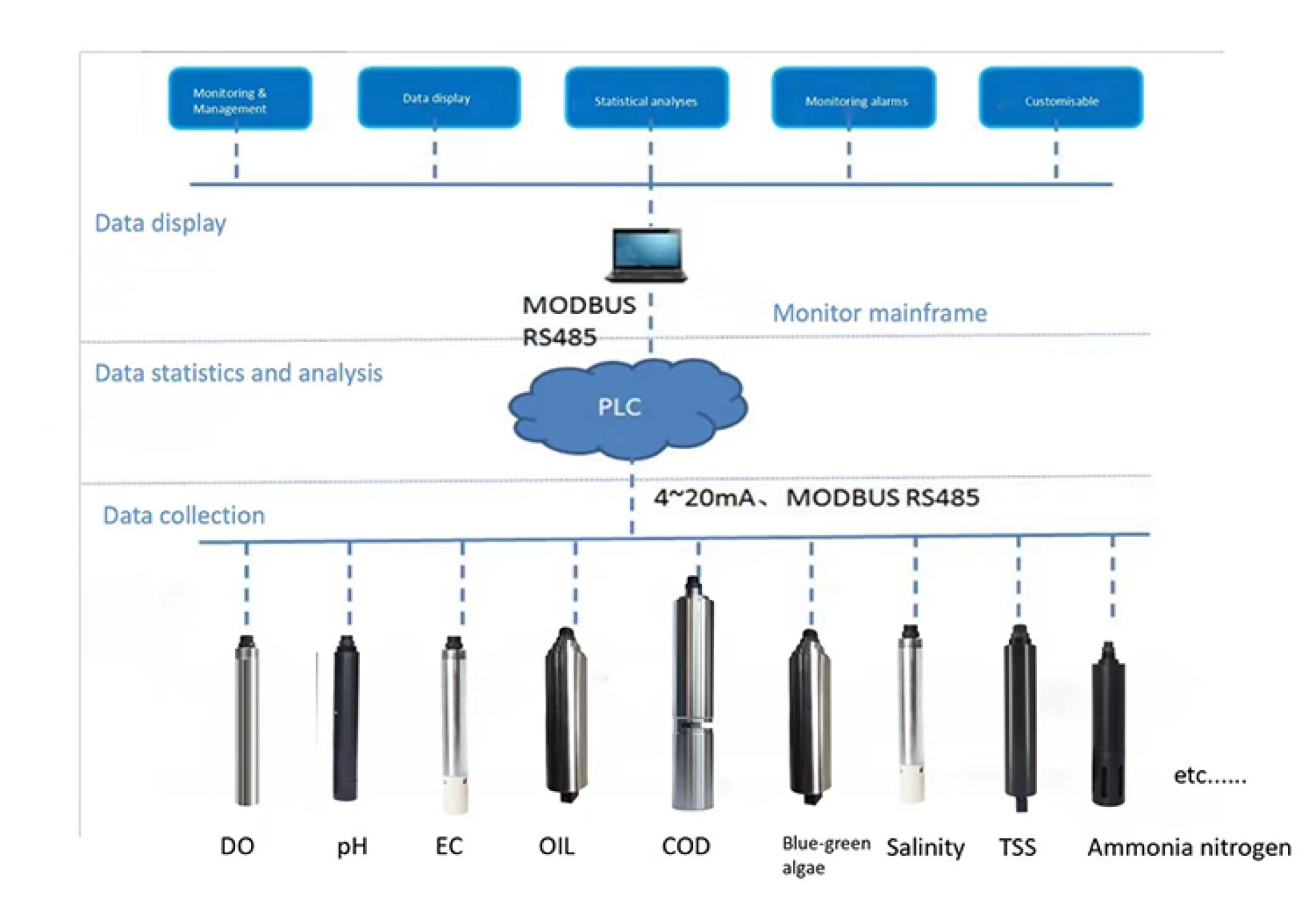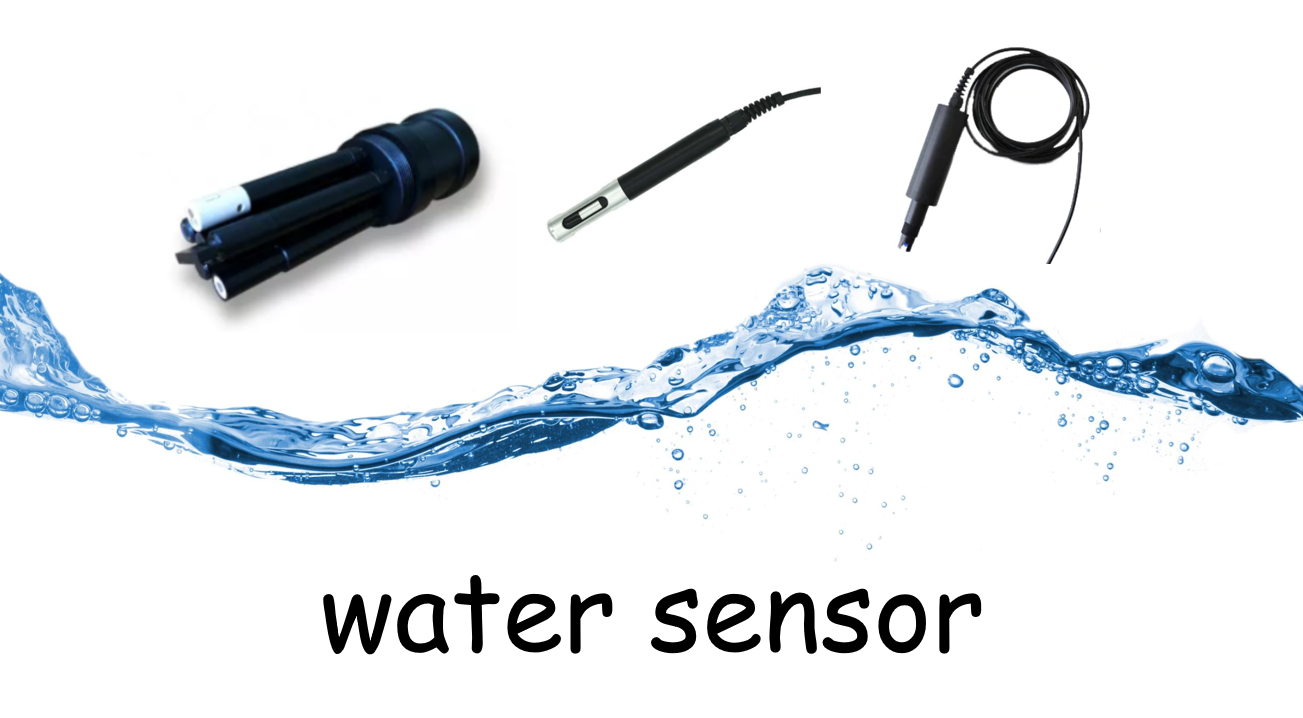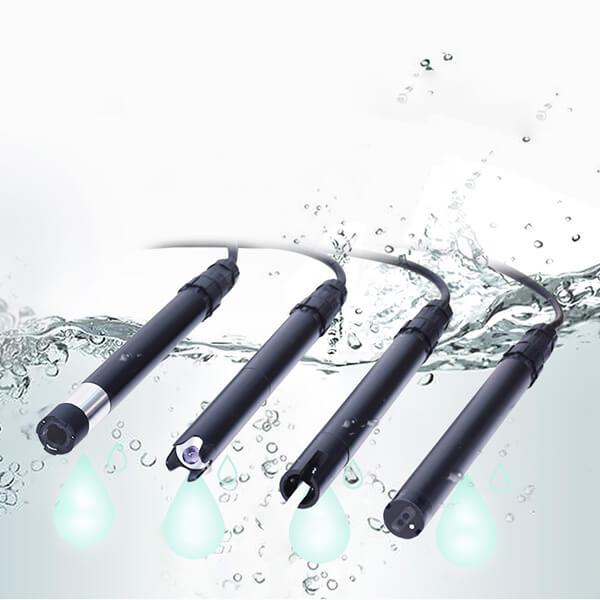What should be taken into consideration when choosing a water quality sensor kit? by num2002

Water quality sensors are becoming increasingly popular as tools for monitoring water quality in various situations, such as drinking water, wastewater, and surface water. As the use of these sensors increases, users are increasingly concerned about their accuracy, reliability, and ease of use. Here are some of the most common concerns about water quality sensors.

Accuracy
A major concern users have with water quality sensors is accuracy. Users want to ensure that the sensor is providing accurate data so they can make informed decisions about water quality. Many factors can affect accuracy, such as calibration, interference from other substances in the water, and sensor degradation over time. Users want to know that the sensor they are using is reliable and provides accurate data that they can rely on.
Reliability
Another concern users have with water quality sensors is reliability. Users should consider purchasing a sensor that will operate continuously and does not require frequent maintenance or calibration. Sensors are often used in remote or difficult-to-access locations, so reliability is important. Users want to be able to install the sensor and be confident that it will operate continuously and provide accurate data over a long period of time.
Ease of Use
Users also want water quality sensors to be easy to use. They dont want to spend a lot of time installing and configuring the sensors, or dealing with complex software or data analysis tools. They want the sensors to be user-friendly and easy to use, so they can quickly set up and start collecting data. They also want the data presented in a clear and understandable format, so they can quickly interpret the results.
Price
Price is another important factor users consider when choosing a sensor. Users want to know that they are getting value for their money and that the sensor they are purchasing will provide accurate and reliable data. Some users may be willing to pay more for a sensor with advanced features, while others may want a more affordable option that still provides accurate data.
Compatibility
Users also need to know if the water quality sensors are compatible with their existing infrastructure and software. Many users already have data management systems or software that analyze water quality data, and they want to be able to seamlessly integrate the sensor data into these systems. Compatibility is important so that users can leverage the data they receive and generate valuable analysis.

In summary of accuracy, reliability, ease of use, price, and compatibility: This is a major concern for users of water quality sensors. If manufacturers can address these concerns and provide high-quality sensors that meet users needs, their products will be accepted and used effectively for water quality monitoring and management.




